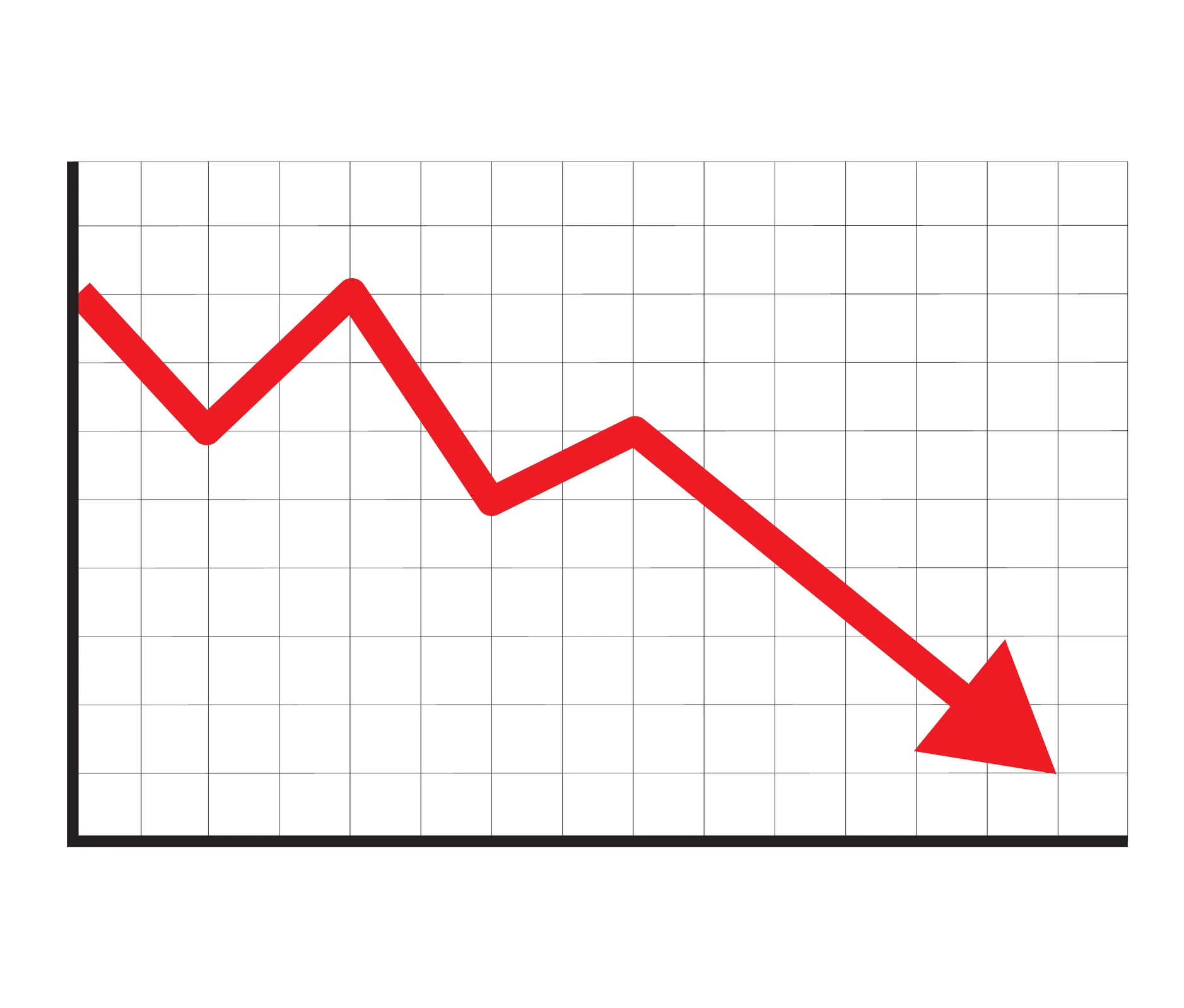Nepal hosts SAPLING’s Regional Dialogue on Resilient Agri-Food System in South Asia
Over 60 delegates from SAPLING member countries, Nepal, Bangladesh, Sri Lanka, India, and Bhutan attended the one-and-a-half-day event.

DHAKA: The South Asian Policy Leadership for Improved Nutrition and Growth (SAPLING) held their second dialogue session on enhancing agri-food systems in Kathmandu, Nepal on the 24th and 25th of April.
The SAPLING initiative was launched in 2019 with the goal of driving a ‘food systems approach’ to combating malnutrition in South Asia in accordance with the SDGs.
Over 60 delegates from SAPLING member countries, Nepal, Bangladesh, Sri Lanka, India, and Bhutan attended the one-and-a-half-day event.
The Nepal Planning Commission (NPC) co-hosted the event with BRAC Bangladesh, the current SAPLING Secretariat, the world’s largest non-governmental development organization, and IPE Global Limited, an Indian development sector think and do tank, as well as the Institute for Integrated Development Studies (IIDS), Nepal, a non-profit think tank based in Kathmandu. The Bill and Melinda Gates Foundation is a supporter of SAPLING.
The first day of the event focussed on setting the context. Siddharth Chaturvedi, Senior Programme Officer, Bill & Melinda Gates Foundation spoke on the need for and importance of having a regional platform for consensus building among various stakeholders for mainstreaming evidence-based policy, action and leadership to combat malnutrition in line with policymakers’ needs and priorities through an agri-food system lens.
Kewal Prasad Bhandari, Secretary, Nepal Planning Commission shared his views and acknowledged the need for inter-government collaboration and also bringing together private sector partners, other relevant stakeholders. Dr. Jay Kant Raut, Member, National Planning Commission, Government of Nepal provided his concluding remarks and stated that this was the right time for collaboration and cooperation among the South Asian countries as all countries in the region are faced with similar threats of climate change and post-harvest losses and an initiative like SAPLING can play a key role to achieve this.
The second day featured a policymakers’ roundtable where high-level government leaders from Bangladesh, Sri Lanka, Bhutan, and Nepal reviewed the objectives, agendas, and modalities for regional collaboration to develop agri-food systems. A brainstorming workshop was held to steer regional collaboration on the application of technologies for Climate Smart Agriculture and Post-Harvest Loss Reduction.
Dr. Govinda Prasad Sharma, Secretary of the Ministry of Agriculture and Livestock Development of the Government of Nepal, took part in the discussions. There were also panel discussions on how to build a conducive climate for cross-border private sector investments, as well as how to direct knowledge cooperation and learning among SAPLING countries.
The event’s experts and government officials agreed on the importance of having an initiative like SAPLING that could act as an agile regional platform to foster inter-governmental collaboration and serve as a knowledge aggregator around the use of climate-smart technologies, reducing post-harvest losses, and improving food safety to pollinate learnings from member countries across the region.
The event saw the introduction of a Kathmandu declaration pledging to foster resilient food systems for a nutrition-secure South Asia.










